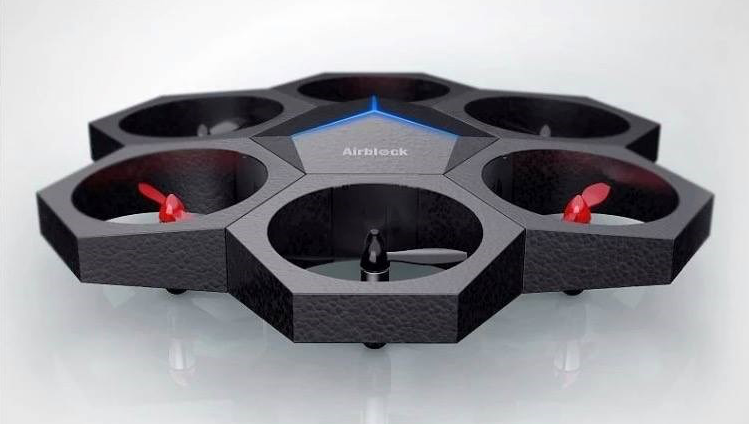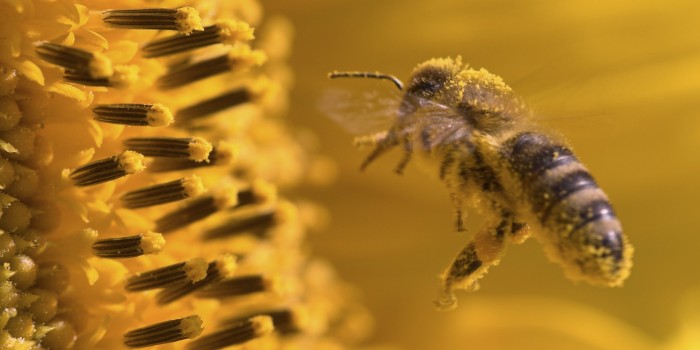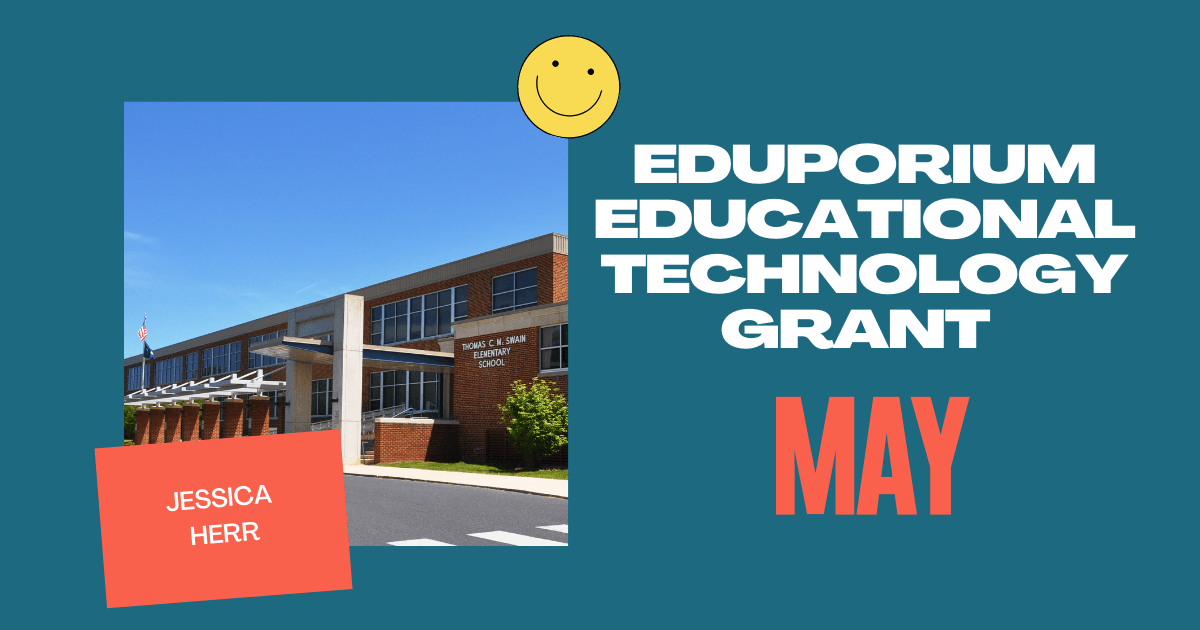As the school year comes to its strange and isolated end, we’re still trying to help keep innovative education alive. Since it's the conclusion of yet another month, we’re excited to announce the latest recipient of our EdTech grant award. For May, the award goes to Jessica Herr, a teacher at the TC McSwain Elementary School in Staunton, Virginia! With the STEAM tools she’ll be receiving from us, Jessica has a pretty amazing project planned—one that involves drones, coding, bees, and plenty of collaboration for students.
Jessica and her students have talked about how drones are an increasingly relevant part of society and of the economy. Since the technology is regularly evolving—becoming more powerful and, in some cases, more affordable—Jessica has been helping her students understand that drones are more than just a toy. They truly have a function in our world and in all sorts of industries for all sorts of projects—including studying pollination patterns in bees, which is what Jessica plans on doing with her grant materials.
STEM projects with drones and bees.
Jessica will be working with over 80 fifth graders on this exciting project, which she’s titled Pollination Predicament. She wants to use the drones to gather data on how bees move, how they communicate, and how pollination works. She then plans on integrating this data in the math curriculum to show how drones provide value in different areas. She’s even going to invite a drone expert from a local college to speak to her students at some point!

Since will be receiving programmable drones through the grant, students will use that function to replicate bee flight patterns. Since bees move from flower to flower, they’re going to be creating programs that get the drones to do the same thing—move from flower to flower—only the flowers their drones will be moving among will by 3D representations that students design in art class! We definitely love the creative touch Jessica's bringing to this project while incorporating many different areas of the curriculum.
Outcomes of receiving the tech grant.
With the programs they create, Jessica not only wants her students to get the drones to move from flower to flower, but she’ll be challenging them to think critically and collaborate when designing their programs. She also plans on providing them with data points she collected, covering some important math standards in the process. Before they fully get started with using the drones, however, Jessica will make sure that her students learn about important topics, like pollination and plant structure so that they have the relevant background knowledge.
With her grant materials, she also plans on facilitating a virtual field trip to educate students further on the influences human activity has on pollination as well as how bee ecosystems are affected. Once the students collectively learn some background on bees and pollination patterns, they’ll be ready to build their programs. While writing programs, students must also consider how far each drone movement should be and place their 3D flowers accordingly.

Academic goals Jessica has for this grant opportunity.
While this will certainly be fun for students, Jennifer is also focused on ensuring she meets and covers certain standards. For example, they'll compare and contrast how technology has improved, created new jobs, and enhanced how we live and work. To measure understanding, she’ll be administering a pre-assessment and post-assessment and determining the new knowledge they applied along the way.
This is definitely a project that puts 21st century skills at the forefront and one that should excite these students! We can’t wait to see how it turns out and wish Jessica and everybody else luck once it gets underway! To keep up with any updates, be sure to follow us on Twitter and Instagram and like us on Facebook. If you'd like to apply for our next EdTech grant, the application for June is open through June 20!



